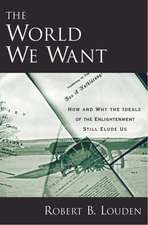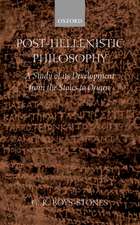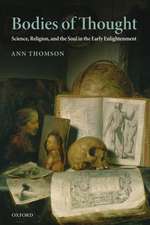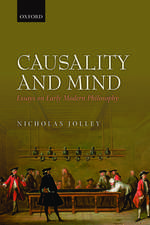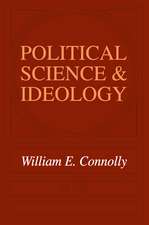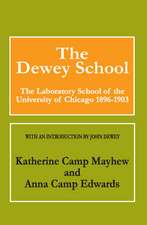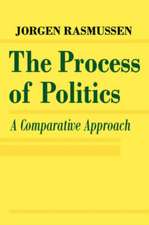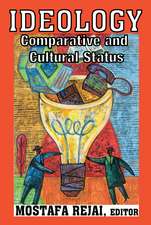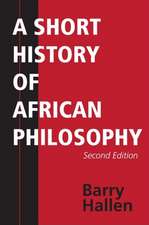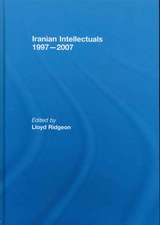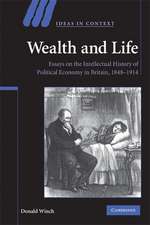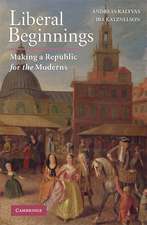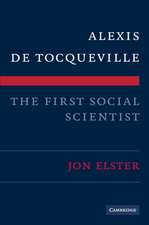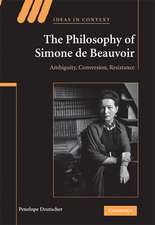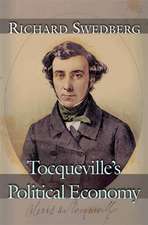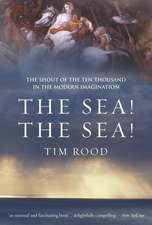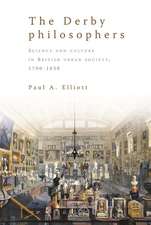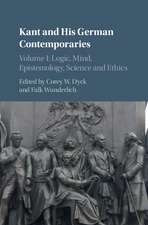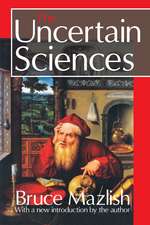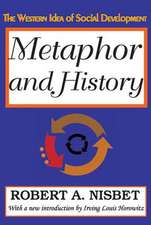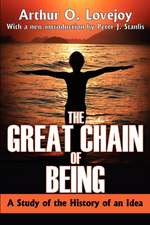Kant and Rational Psychology
Autor Corey W. Dycken Limba Engleză Hardback – 20 mar 2014
Preț: 529.12 lei
Preț vechi: 757.32 lei
-30% Nou
Puncte Express: 794
Preț estimativ în valută:
101.26€ • 109.95$ • 85.06£
101.26€ • 109.95$ • 85.06£
Carte disponibilă
Livrare economică 21-27 martie
Preluare comenzi: 021 569.72.76
Specificații
ISBN-13: 9780199688296
ISBN-10: 019968829X
Pagini: 288
Dimensiuni: 162 x 240 x 23 mm
Greutate: 0.57 kg
Editura: OUP OXFORD
Colecția OUP Oxford
Locul publicării:Oxford, United Kingdom
ISBN-10: 019968829X
Pagini: 288
Dimensiuni: 162 x 240 x 23 mm
Greutate: 0.57 kg
Editura: OUP OXFORD
Colecția OUP Oxford
Locul publicării:Oxford, United Kingdom
Recenzii
One can learn much from this careful study, which I recommend to all students of Kant, but especially to those who have neglected the intellectual context of Kant's developing thought.
Dycks book is a formidable historical-contextualist account of Kants Paralogisms, which throws new light on certain aspects of the relation between Kants critique of rational psychology and the particularly Wolffian conception of a rational psychology that, as Dyck shows, takes empirical psychology as its starting point.
The first thing for me to say is how much I enjoyed Corey Dyck's book, and how much I learned from it ... the wealth of historical detail Dyck gives about Wolff's and his followers' philosophical methods, and about their conceptions of the relation between reason and experience, is incredibly interesting in its own right, but also makes sense of passages of the First Critique that I have never understood.
His work on Wolff and other figures immediately prior to Kant was eye-opening. I now see Wolff and his contemporaries in a completely different way ... In short, Dyck's book will make a difference.
Corey Dyck's Kant and Rational Psychology is something of a game changer. It is a prime example of a historically informed reading of Kant that completely revises how we ought to understand the aims, progression, and details of his arguments. The Paralogisms chapter of the Critique of Pure Reason ... is infamous for its complexity and convoluted nature, riddled as it is with apparently inessential and confusing side remarks and with excursions that seem to contradict the main arguments. By carefully analyzing the conception of soul and rational psychology from Christian Wolff and the Wolffian tradition through the pre-Critical to the Critical Kant, Dyck succeeds in outlining a new thread of argumentation in Kant that utilizes and explains those hitherto neglected, shunned, or even ridiculed passages. This feat alone makes Dyck's book an essential reading for anyone interested in, and working with, Kant's philosophy.
Dycks book is a formidable historical-contextualist account of Kants Paralogisms, which throws new light on certain aspects of the relation between Kants critique of rational psychology and the particularly Wolffian conception of a rational psychology that, as Dyck shows, takes empirical psychology as its starting point.
The first thing for me to say is how much I enjoyed Corey Dyck's book, and how much I learned from it ... the wealth of historical detail Dyck gives about Wolff's and his followers' philosophical methods, and about their conceptions of the relation between reason and experience, is incredibly interesting in its own right, but also makes sense of passages of the First Critique that I have never understood.
His work on Wolff and other figures immediately prior to Kant was eye-opening. I now see Wolff and his contemporaries in a completely different way ... In short, Dyck's book will make a difference.
Corey Dyck's Kant and Rational Psychology is something of a game changer. It is a prime example of a historically informed reading of Kant that completely revises how we ought to understand the aims, progression, and details of his arguments. The Paralogisms chapter of the Critique of Pure Reason ... is infamous for its complexity and convoluted nature, riddled as it is with apparently inessential and confusing side remarks and with excursions that seem to contradict the main arguments. By carefully analyzing the conception of soul and rational psychology from Christian Wolff and the Wolffian tradition through the pre-Critical to the Critical Kant, Dyck succeeds in outlining a new thread of argumentation in Kant that utilizes and explains those hitherto neglected, shunned, or even ridiculed passages. This feat alone makes Dyck's book an essential reading for anyone interested in, and working with, Kant's philosophy.
Notă biografică
Corey W. Dyck specializes in the history of German philosophy, with an emphasis on the eighteenth century and Kant in particular. His recent research has focused on issues in metaphysics and the philosophy of mind in the period from Wolff to Kant, and he has published articles in Journal of the History of Philosophy, Kant-Studien, British Journal for the History of Philosophy, Philosophy Compass, Kantian Review, and the Kant Yearbook. In addition, he has recently co-translated (with Daniel O. Dahlstrom), Moses Mendelssohn's Morning Hours: Lectures on God's Existence (Springer, 2011). He is currently an Associate Professor of Philosophy at the University of Western Ontario.

